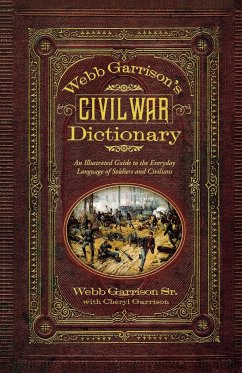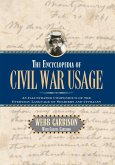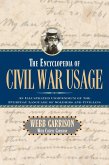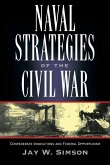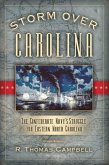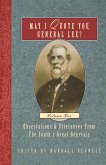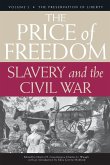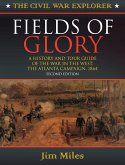In the 140-plus years since the American Civil War, the American language has changed dramatically. As the meanings of many words have become obscure or lost, links with the vibrant language of the Civil War era have dissolved, and much of that which had meaning to our forefathers no longer retains the same meaning to us. What did it mean "to cross the bar"? What was a soldier's "big ticket"? What did it mean "to see the elephant" or "to go South"? Why did the armies have so-called ninety-day men and hundred-day men? What were soldiers supposed to do when they heard the commander shout, "Let her go, Gallagher"? How did one "pay tribute to Neptune"? What was a "picket pin"? Could you make a passable meal out of "possum beer" and "secession bread"? How did one "vibrate the lines," and why would anyone want to attempt such a maneuver? From Webb Garrison's more than thirty years of research and study from original sources, he has produced a dictionary of words and phrases (including nicknames and slang) commonly used during the war. Where appropriate, examples and anecdotes are included to illustrate meanings. Often overlooked naval terms and esoteric formal and informal military expressions are addressed, as well as short descriptions of oceangoing vessels and river craft. More than 2,500 entries and 250 illustrations explain the terms, equipment, and organization of the three million soldiers who fought in the war.
Hinweis: Dieser Artikel kann nur an eine deutsche Lieferadresse ausgeliefert werden.
Hinweis: Dieser Artikel kann nur an eine deutsche Lieferadresse ausgeliefert werden.

